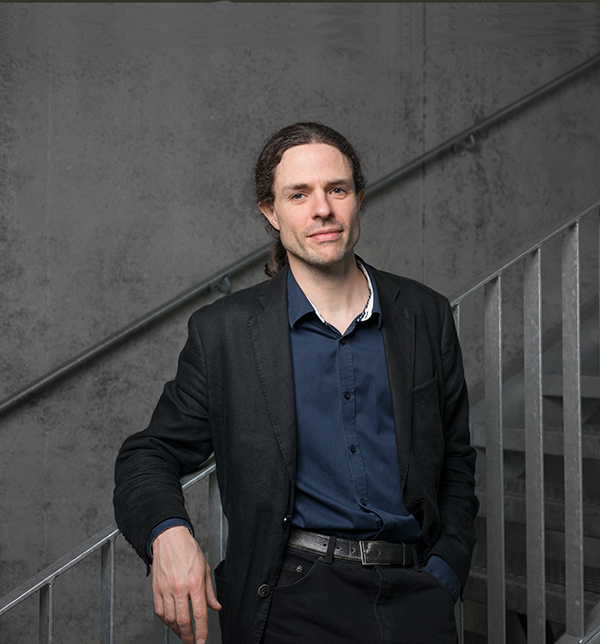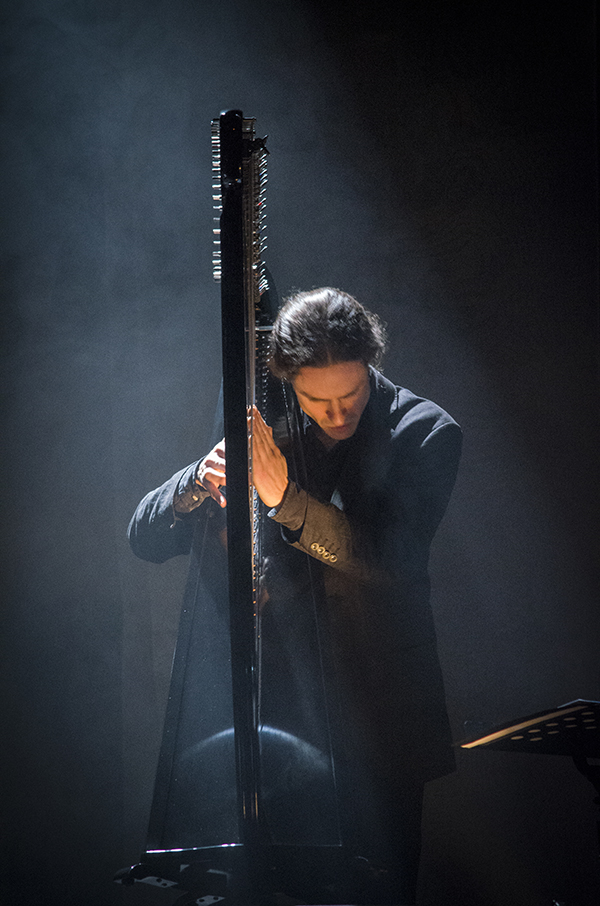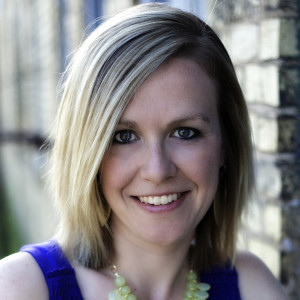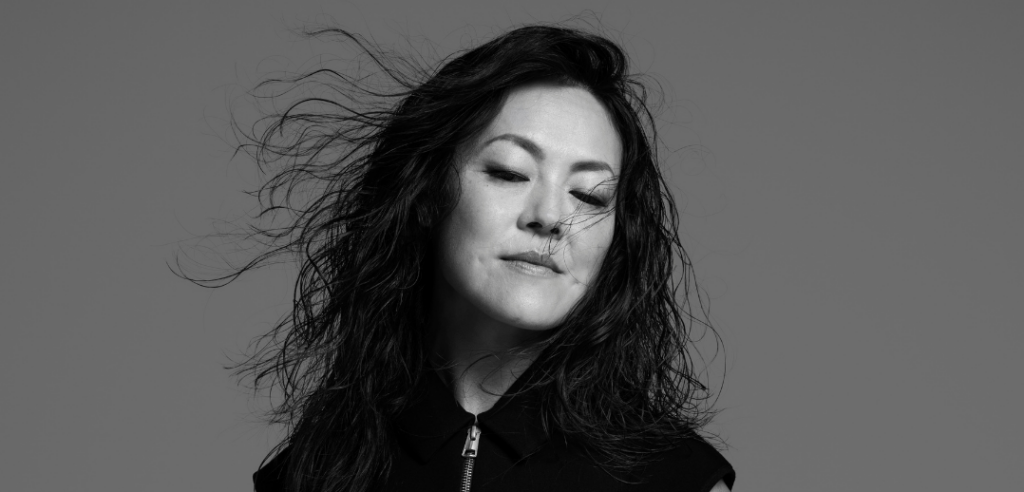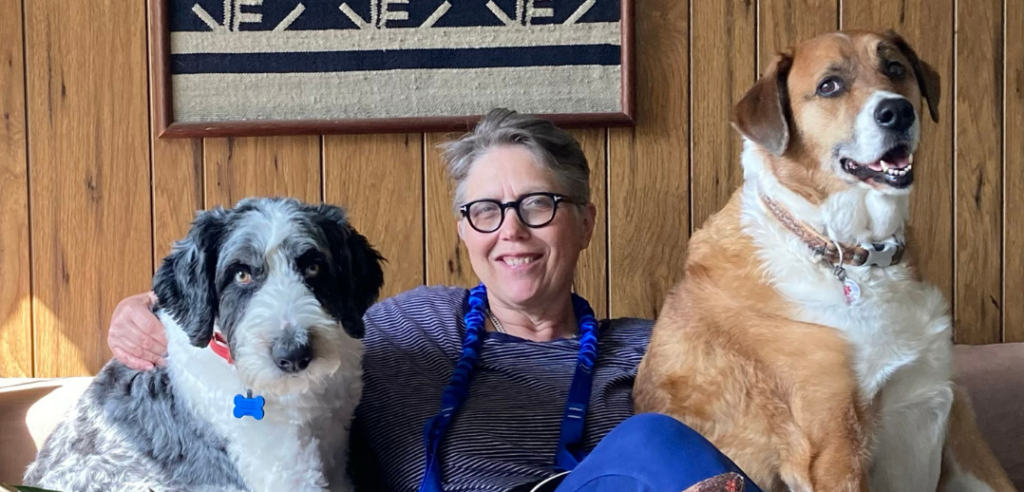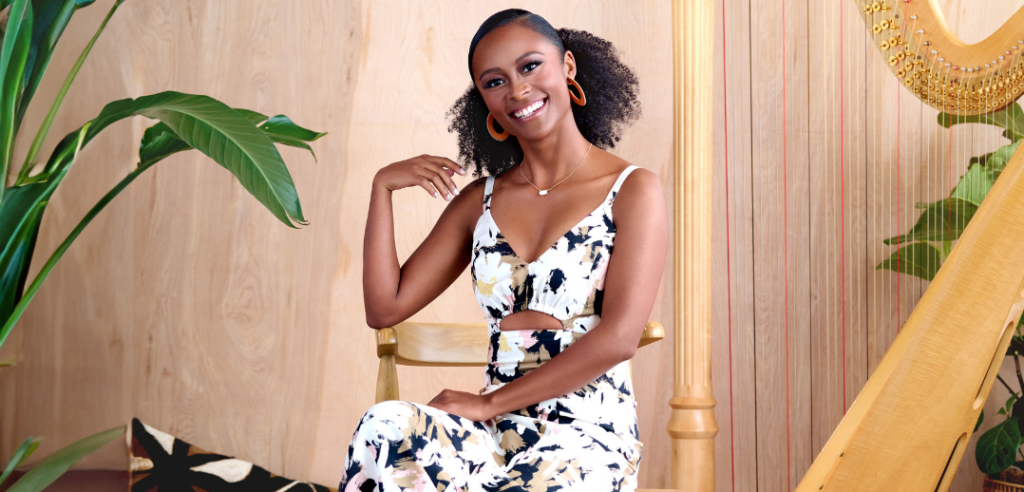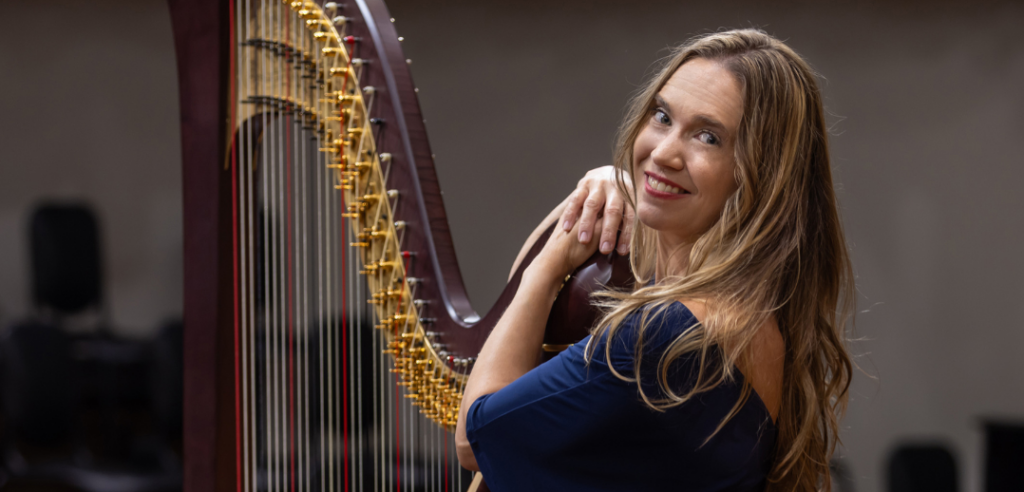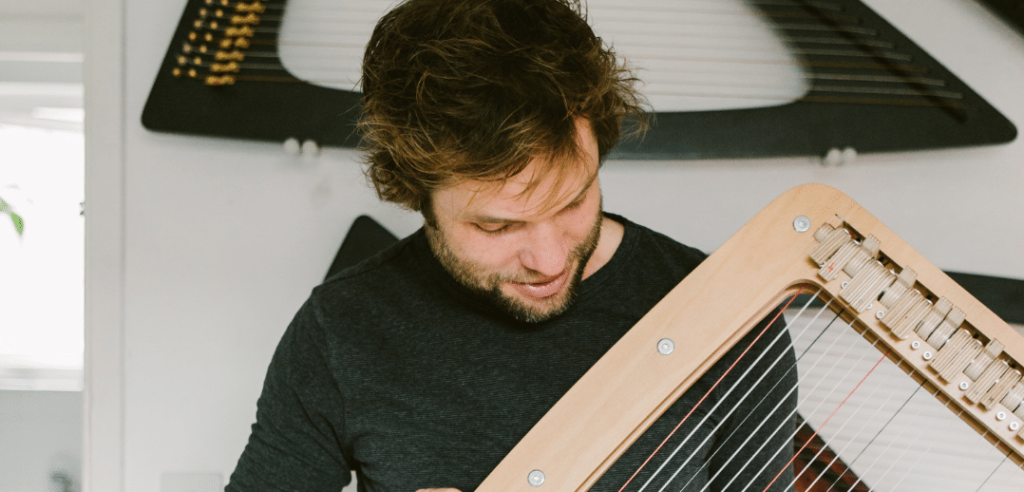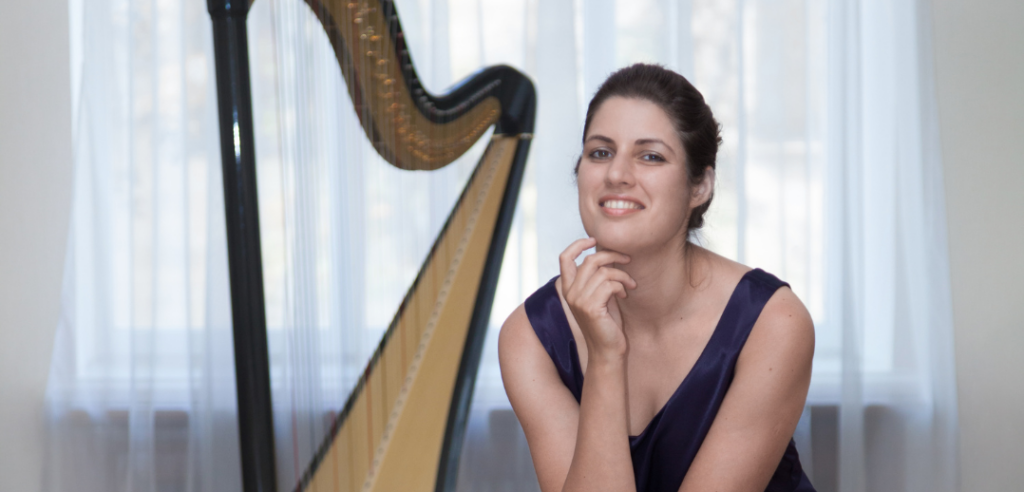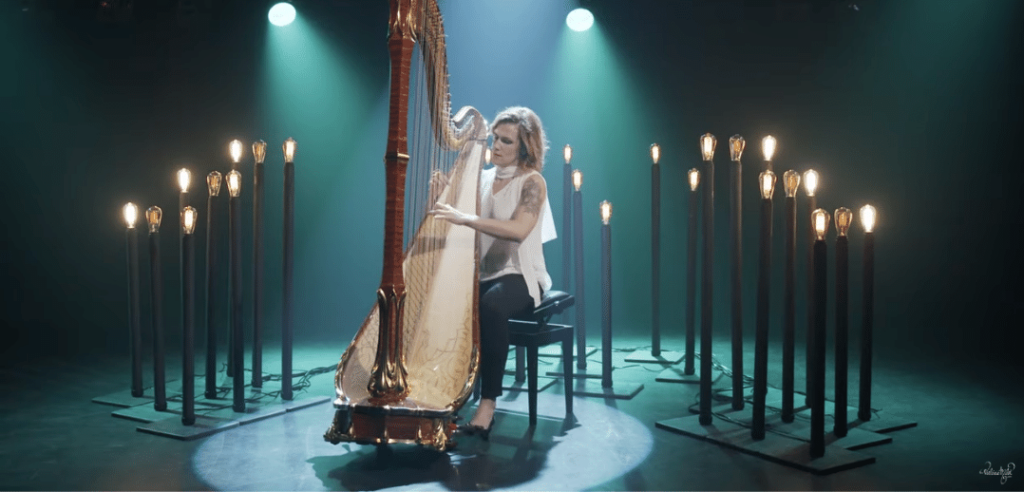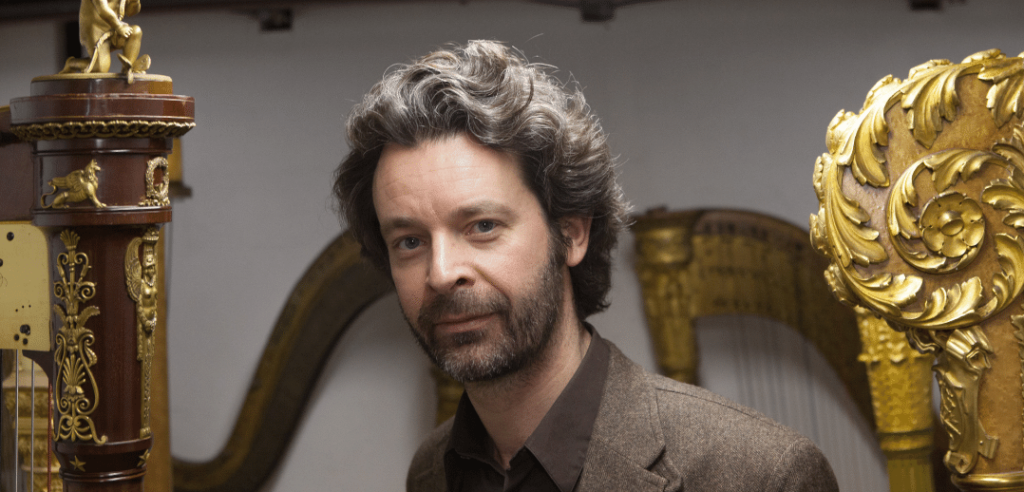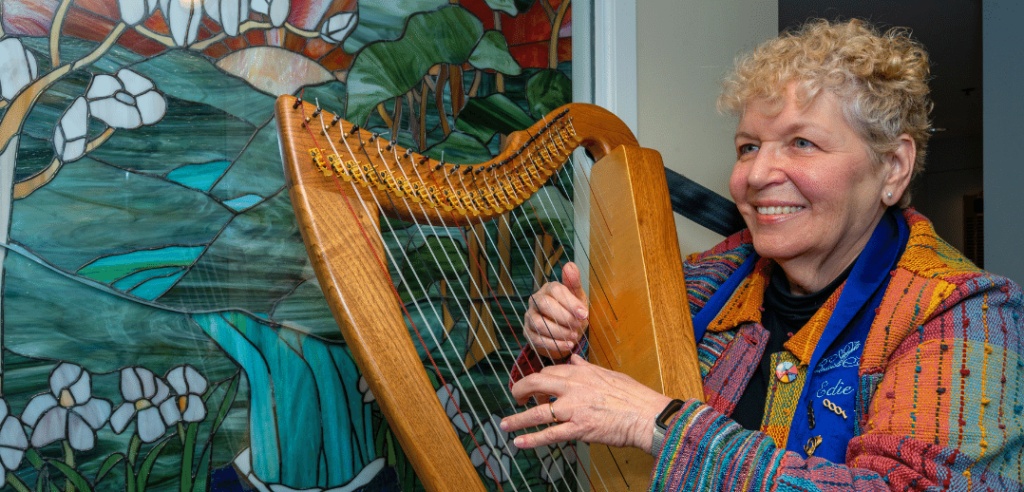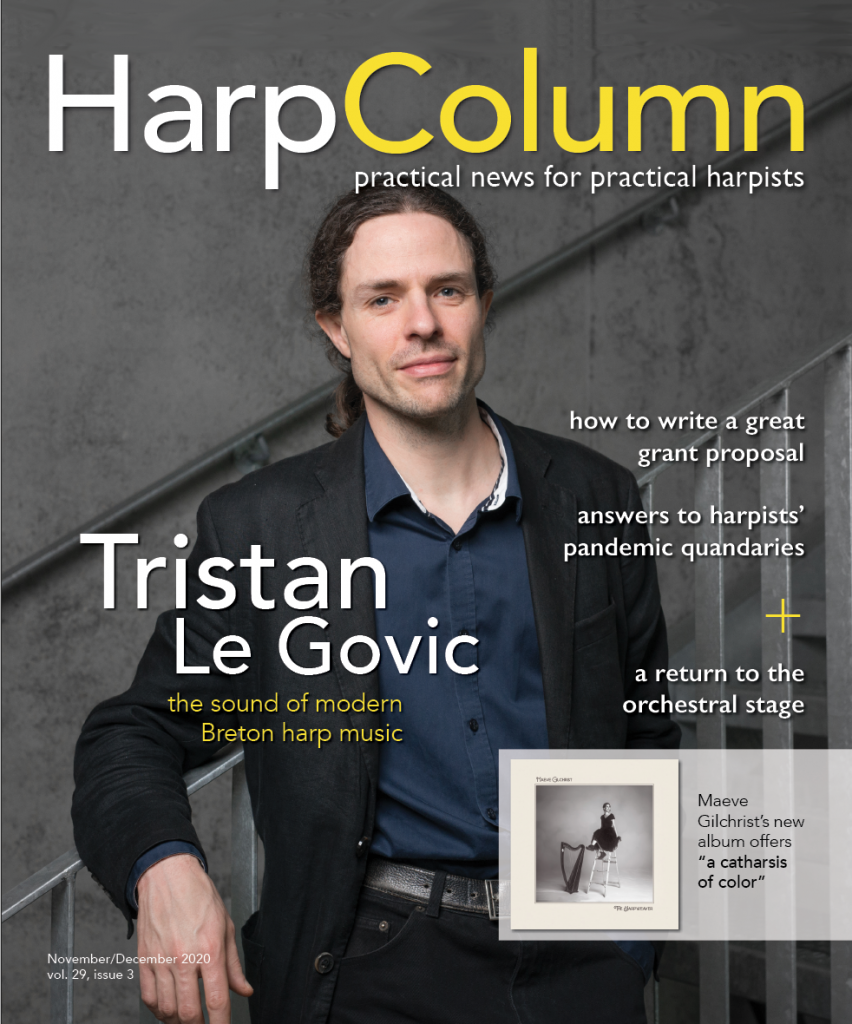Admittedly, I didn’t know much about Breton music before I met Tristan Le Govic. He introduced himself at a harp festival several years ago, and as he described the arrangements of Breton music he just published, it was impossible not to be persuaded by his enthusiasm for the music. Breton music is in Le Govic’s bones. He is Breton through and through, and the intensity and commitment with which he pursues everything in his life has helped him build a vibrant career as a Breton harper. He has published volumes of music, put out several critically acclaimed albums, and is in demand as a solo and chamber musician. Oh, and he’s also working on his Ph.D. in his free time. Free time, however, is not something he has too much of at the moment, as he has just become a first-time father to his baby daughter, Lena. We caught up with Le Govic on a video chat with him at his home in Baud, a town near where he grew up in Brittany.
Harp Column: What makes Breton music special for you?
A fest-noz is a festive gathering based on the collective practice of traditional Breton dances, accompanied by singing or instrumental music.
Tristan Le Govic: It’s the music where I come from. It’s my roots. I’m the second generation after the big Celtic growth of the Celtic harp, which happened with Alan Stivell, of course. He was the first to play traditional Breton Celtic music on the harp, and I am part of the generation which came after that. When I grew up, there was a huge Celtic revival, thanks to Alan Stivell, and in particular, a huge concert he did in 1972 at the Olympia Concert hall in Paris. That started a huge wave of Celtic music all over the world. For the first time, you could see the Celtic harp on stage with the electric guitar, with a rock attitude on the stage, which was very popular at that time. I was born in 1976, four years later, so I didn’t see that concert, but I was part of the wave that followed that concert. Without Stivell, I probably would not be here. He made the music popular, he made the Breton language more popular, and of course he made the Celtic harp more popular. He presented something that was completely new to people, so when I came along it was a bit easier for me because people knew this music already. I came to the harp in 1982, 10 years after this revival, and by then the Celtic harp wasn’t such a new thing. There were enough Celtic harpists around me that I was sure I wanted to be one too. Playing traditional music still wasn’t so easy at that time, despite Alan Stivell. There were no structures to learn Celtic harp at that time like we have now, of course. I was very lucky in my hometown there was a school—it was a unique place because it was a private conservatory only for traditional music. It didn’t last for a long time, unfortunately, but I’m part of this generation that started only with traditional music. It was great. It was as normal for me to go in and learn traditional music as it would have been to learn Mozart or Bach. I used to go to the fest-noz. I grew up with those pictures and images and sounds in my ears. I was able to see harps on exhibition at the biggest folk music festival in the world, Festival Interceltique, which happens to be held in my hometown of Lorient in Brittany. There were thousands of people coming to the festival from around the world every summer, except this year of course. I remember when I was young, I lived in a part of the city where there was a campsite where musicians who were invited to perform would come and stay a week before the festival and practice together. So I would hear this music and these sounds—I was surrounded by that and fascinated by that as a child. So for me, Breton music was not something new. I heard it all around me.
HC: Was this music part of your family’s culture as well?
TLG: My father passed away last year, but his generation was more Westernized than the previous generation. My grandmother was from another time. She would sing old songs in the Breton language. They were farmers, but they moved to Paris for work. She was born in 1908, so her culture, her manners, and her music were from the 19th century. It happened by chance. Because they moved out of Brittany, as Brittany changed, they did not change with it because they were so far away. Being in Paris, they preserved their Breton culture, their language and songs.
HC: Oh, that’s an interesting paradox—by leaving Brittany, they preserved their Breton customs more than if they had stayed.
TLG: Right. In Paris, they were speaking French to others, but they were only speaking Breton in their home, not French at all. My father’s first language was Breton because his parents spoke no French at home in their flat in Paris, only Breton.
HC: Do you speak Breton?
TLG: Yes, I do. I learned it later, though, after French, which was more difficult. I remember hearing my father talk in his mother tongue to my grandmother and not understanding them. That made me want to learn it. I was the first generation in my family to speak French as my first language. How funny is that? I’m not that old!
HC: Many of our readers are in the United States, and may not be familiar with this dynamic between Bretons and the rest of France. Classical French music has such a rich tradition of its own, and then you’ve got this unique tradition in Brittany. What’s the dynamic between the two?
TLG: I would make the analogy that the relationship between Brittany and France is similar to Scotland and the U.K. Scotland has the Gaelic language and we have the Breton language, which is the same family of languages. The Breton language is closer to Irish Gaelic or Scottish Gaelic or Welsh than it is to French. I have a Breton surname, Le Govic, which means the small blacksmith. So I have the Breton language, a Breton surname, Breton music—they have nothing to do with France, which can be difficult to understand.
HC: Tell us in terms of technique or style what distinguishes Breton music from other Celtic styles of music?
TLG: All people—not just Bretons—refer to Alan Stivell for the revival of Celtic music in the early 1970s. If you ask any Celtic harp player who their influences are, they would all mention Alan Stivell at some point. Breton music is very different from Irish music or Scottish music or Welsh music. Breton music, predominantly because of geography, is more linked to Gaul than to islands like Ireland or Scotland. To understand the differences and similarities of Breton music and other Celtic music is to understand the difference between the classical music of Italy and France and Germany, for instance. We understand that there are many similarities and subtle differences.
HC: Are there any words you would use to describe Breton Celtic music?
TLG: One word wouldn’t be enough. [Laughs] When you play Breton Celtic music for someone who knows nothing about music, they will say, “Oh, that’s Celtic music.” Sometimes when people hear Breton music they will say, “Oh, it’s Irish,” because it’s played with fiddle and pipe. But if you listen closer, you may hear the bombard—a traditional Breton instrument similar to a small oboe—which gives Breton music a unique flavor. Breton music is also generally more modal than Irish or Scottish music. While both of those have adopted Western tonality over time, Breton music has remained closer to the old modal music. Of course, there are many examples you could point to in Breton music that are not modal, but that’s why I need more words to explain it. [Laughs]
Manuscripts don’t tell you how to play music. We need to know the style, which goes back to tradition.
Rhythm is also an important defining feature of Breton style. Our music is closely linked with dance music, which is also the case for Irish and Scottish music, but with the one difference that if you start to play a Breton tune and someone in the audience knows the dance, he’s going to come up to dance. Whereas if someone in the audience knows the Irish jig or reel you are playing, they will probably sit and listen. Of course, this is not always true, but it is important. It is not music coming from a space, it is a music related to your neighbors. I like to compare music with cooking. How do you make your couscous here? Well, here we make it with this oil and over there they have this other local ingredient. It’s the same couscous, just different flavors. I guess I shouldn’t say couscous because that’s not French. Let’s say crepes. [Laughs]
HC: The cooking analogy is a good one.
TLG: I think it helps to understand that. Sometimes people think that Celtic music is pure ancient music that has evolved over centuries. But we romanticize the Celtic music traditions. It’s simply not true. The music I play is modern music. It’s not historical music. That’s something I always mention. No, I don’t play historical Celtic music because we don’t know what that music was. Sure, in Ireland and Scotland and Wales, they have some old manuscripts, but manuscripts are never the music. We know that—it’s the same in classical music. Manuscripts don’t tell you how to play music. We need to know the style, which goes back to tradition. Celtic music is the same. So let’s be fair and honest—the music I play is modern Breton music.
HC: Several of your albums have been reviewed in Harp Column. Our review editor Alison Young actually named Elva as one of her favorites from the last 10 years, and she praised your most recent album Dans [the Breton word for “dance”] for its modern flair. What do you think you bring to this music on a personal level?
TLG: Well, I’m not just a musician, I’m also a teacher, and I also like to study the history of music—I’m currently working on my Ph.D. So I like to understand how to play music from different approaches. When I was younger I won a big Celtic competition where they judge your performance based on how true it is to the tradition as we know it. We have other competitions now that focus on the modern development of this music. With my pupils now, I am always aware that I am teaching them where they are coming from—their roots. That’s what always interested me about this music—understanding where we are rooted. So there are these two faces of Breton music—the old tradition where we came from and this new modern Breton music. It would be like someone wanting to enter a traditional competition with an old Baroque piece, but they play it in a modern way. Well, the notes are correct but the style is not. If you want to play it that way, you need to enter this other more modern competition. Breton music is like any other tradition—we have old historical tunes and some manuscripts and the oldest recordings are from the late 19th or early 20th centuries. We know that Breton music evolved very fast. I think the music 100 years ago would be so different, we wouldn’t recognize it.
HC: Do you think this is the same with other Celtic styles?
TLG: Yes, I’ll tell you a story that illustrates this. Before I went to Scotland several years ago, I thought I should learn some Scottish tunes so I could play in sessions. So I picked up a book of the best, most well-known Scottish tunes and learned them. When I arrived, I sat back and listened to the sessions at first, not wanting to impose myself on it because I was new. But I didn’t recognize any of the tunes they were playing. When they invited me to play, I started playing tunes I had learned from this book, and I asked them if they knew these tunes. Yes, of course they knew them, but they were old tunes and they don’t play those old tunes anymore. The music they play now is modern music taken from the moment. Now if you go to Ireland as a tourist, you might hear some of the old traditional Irish tunes, but if you hear Irish musicians playing with each other, they are playing modern music that they like.
HC: That’s interesting. In the United States, we have traditional music, but we don’t have the same tradition—it doesn’t hold the same place in our society that traditional music holds in Brittany. So I think this idea of “traditional” music sounding modern can be hard for Americans to wrap our heads around.
TLG: Yes, I’m always interested by this question you asked me earlier—what does Breton music sound like, but to others outside of Brittany. I played a fest-noz at the Island Mountain Arts Festival in Canada a couple years ago. So we played and we danced—it’s a community dance. It doesn’t matter your background or where you’re from or the color of your skin, you have this dance and this moment together. In history, the Breton dances were really about the villages. Each village had their own dances. And you don’t dance another village’s dances because five kilometers away they are barbarians, you know? [Laughs] They don’t speak exactly like you do, they don’t dance exactly as you do. That’s why we have several hundred dances that people dance. So I asked the people in Canada what the dance tunes sound like, and one thing they said is that they sound authentic. It sounds like my small community. These aren’t Breton people, they haven’t heard these tunes before, but it sounded like authenticity to them.
HC: You told us a little bit about your music upbringing already, but tell us about the music or the musicians that you listened to growing up that were influential in the musician you are today.
TLG: First, of course, is Alan Stivell. Sometimes I’m a bit concerned that the next generation won’t know his music like my generation does. In Ireland they have O’Carolan, and everyone—not just Celtic harpists—plays an O’Carolan tune. I think everyone should play Alan Stivell’s music just as a link with history. I was also very influenced by Kristen Nogués. She passed away 13 years ago. She was from the same generation as Alan Stivell, but very different. She had a very jazzy, contemporary approach. I had the opportunity to meet her and learn from her, and I was very influenced by her approach to sound—not just the tune. She was more interested in the sound and arranging the music, and she was a pioneer on the electro-harp. In 1985 she presented the Camac electro-harp at the World Harp Congress in Jerusalem. She mixed contemporary jazz and traditional Breton music and was so innovative for her time 40 years ago. It was probably too early for people to even understand what she was doing. Kristen Nogués decided to forge her own path after Alan Stivell and play with these famous jazz musicians. She was very discreet as well. She didn’t care about popularity, but she was in demand.
HC: How do you think she has influenced your music?
TLG: First, it was the sound. I am transcribing and analyzing her music for my Ph.D., and she had this unique way of making a traditional tune sound so modern. Her personality was also influential. She was very friendly, very unique. She was very anxious when she was playing, but when it was your time to play, she was very encouraging. She was a little woman in size, but she had a huge heart and fantastic music.
HC: You mentioned that you teach—what sort of teaching do you do?
TLG: I teach privately on Skype because of the pandemic. I also teach at a private music school, where I have pupils of all ages because it’s not based on the conservatory model, so we don’t have exams or things like that. It’s much more relaxed, and we can go deeper in certain things. It’s a different approach. I teach workshops as well. It’s different all the time, but I have about 20 pupils weekly.
HC: It’s tempting in this middle of this pandemic to look past it. What do you hope the future holds for you and your music?
TLG: First, I’m going to finish my Ph.D., hopefully in two or three years’ time. I’d also like to organize concerts of Kristen Nogués’ music. I have another project as well with a dance group near my hometown organizing a competition.
HC: I’m sure you look forward, as we all do, to a day when we can travel and be together playing music once again.
TLG: When I travel around the world and meet folk harpists from other traditions outside of the Celtic world, even with all of these different harps, it feels like we are talking the same language. Particularly now with the pandemic when it’s so easy to close borders and lockdown and protect ourselves from others, it’s important to feel like we all have this music in common. When I started studying at the conservatory, people said to me, oh, Breton music is great, but do you think you can do something with that? You have to play pedal harp to meet other musicians. But this is my instrument, this is my music. I don’t think I would have gone as far and met as many people from around the world. I don’t know if my experience would be the same if I played a different instrument. I am very grateful for this community. •







